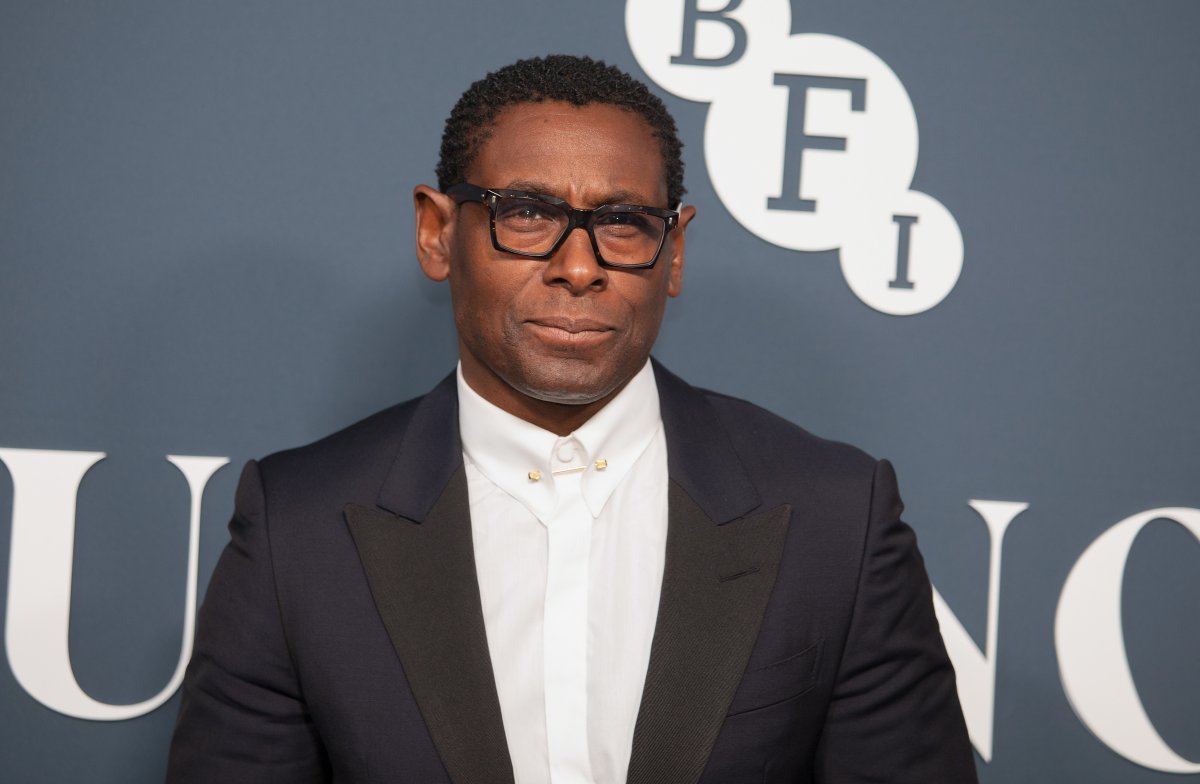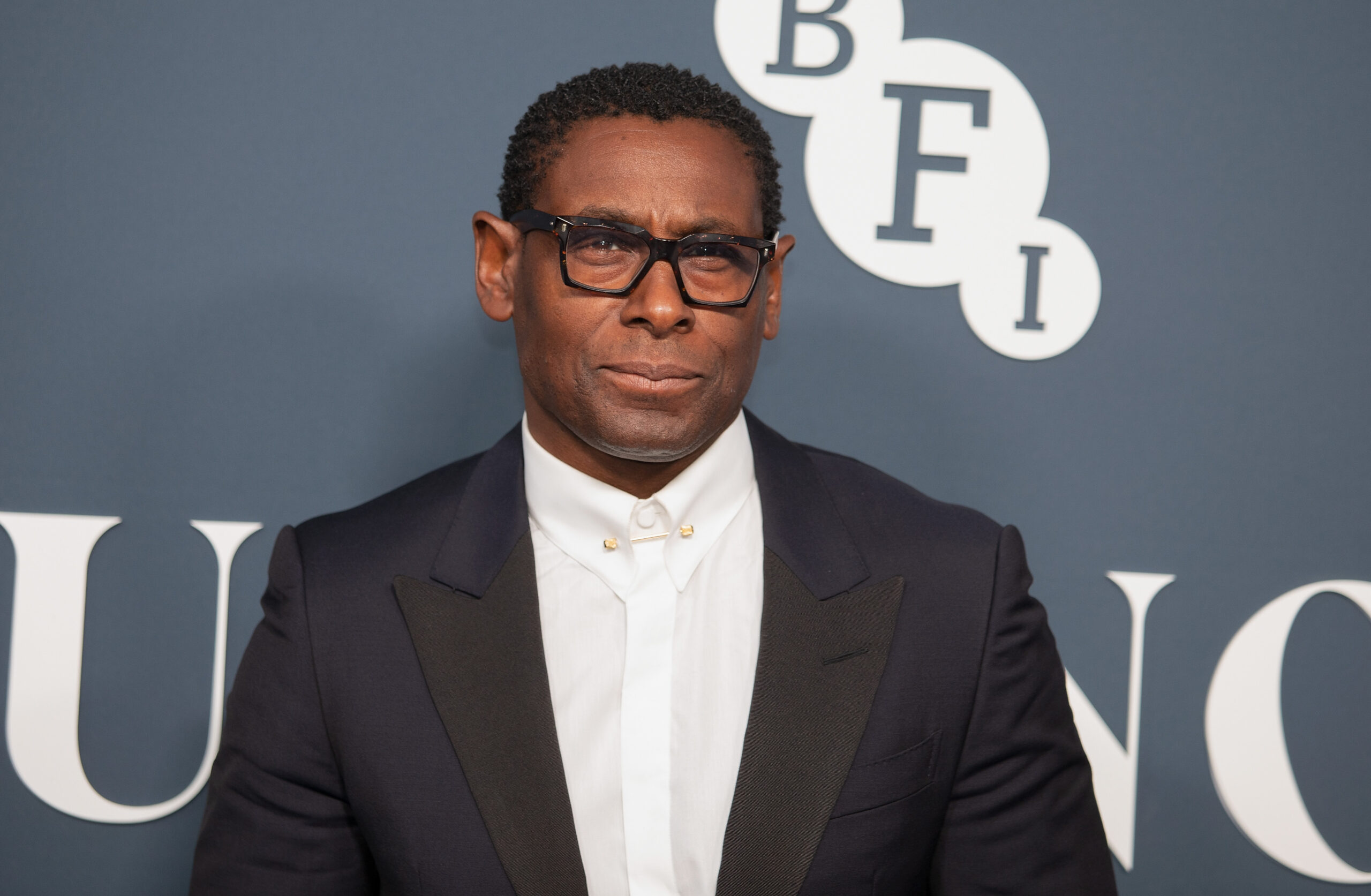David Harewood has responded to the claim that he was a “diversity hire” when he took over from Kenneth Branagh as the president of the Royal Academy of Dramatic Art (RADA), the world-renowned drama school in London.
The 58-year-old actor has been in the entertainment industry for decades, performing across theater, film and TV; but he found international fame playing CIA director David Estes in the drama series Homeland.
Now in an interview with The Telegraph, Harewood has opened up about the struggles he’s faced during his career and the lack of opportunity he’s been presented with as a Black actor.
Newsweek emailed a spokesperson for Harewood for comment on Friday.

Dave J Hogan/Getty Images
“I know some people think it’s a diversity hire but I’m determined to make it meaningful. It’s amazing. I’m very, very proud and I take it very seriously,” he said of his role as president of RADA.
The critically acclaimed actor made significant personal sacrifices to achieve success in the entertainment industry, previously moving to the U.S. to try and earn more money while living away from his wife and children.
Over the years, Black British actors have often found more fame and success working in the U.S. than in their own country. This includes stars like Idris Elba, whose breakout role was Stringer Bell in the popular TV series The Wire and David Oyelowo, who played Martin Luther King Jr. in the movie Selma.
In Harewood’s 2021 book Maybe I Don’t Belong Here: A Memoir of Race, Identity, Breakdown and Recover, he described being asked what advice he would give a young Black actor living in the U.K.
“I had to leave [the U.K.], so I’d probably say when they’re ready they should get themselves off to the airport to do the same because they’re not going to find the same kind of opportunities in the U.K. as you do in America. Those opportunities don’t really exist here,” he wrote.
During his interview with The Telegraph, Harewood said he feels like the entertainment business has changed since he wrote that passage.
“It’s a different industry now and I feel partly responsible for that,” he said, before speaking fondly of his RADA students.
“I really want to be in there, preparing them for what it’s like when they leave,” he said. “My generation has made so much noise and held people’s feet to the fire about casting… asking why aren’t we working? What’s the problem with casting? Why can’t that [black] person play the lead? Kids today are growing up in a much more global community where there are black faces, black celebrities, black stars breaking boundaries and appearing in movies.”
While he said that it’s “fantastic” that this has now become the norm, the world wasn’t like this when he was growing up.
He continued: “I grew up in a world where everyone was white, all the stars were white, all the celebrities were white apart from one or two. It’s a different world now. I remember going to [the actor] Daniel Kaluuya’s school to talk to the kids about acting. And then for me to go to the cinema and see him being a Hollywood lead is just great. That change in my lifetime is extraordinary. It’s one of the reasons I went nuts because I couldn’t understand why there were these barriers for me. I just couldn’t understand it.”
Harewood is referring to the two psychotic episodes he had not long after leaving RADA. Numerous circumstances, including a genetic predisposition, childhood trauma of violent racism and marijuana use, contributed to these.
He explored these episodes in the documentary David Harewood: Psychosis and Me.





